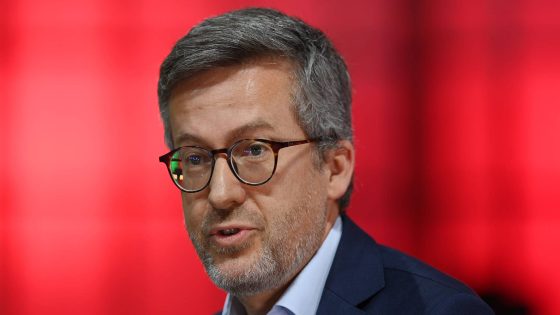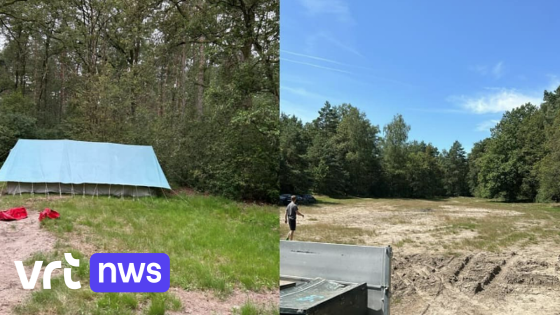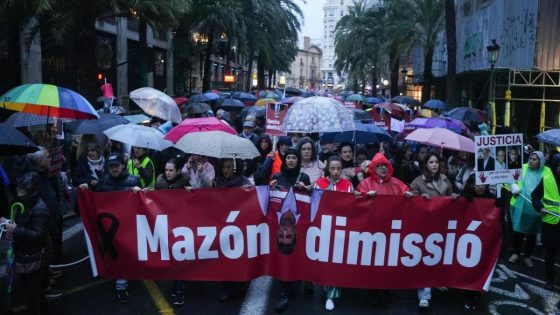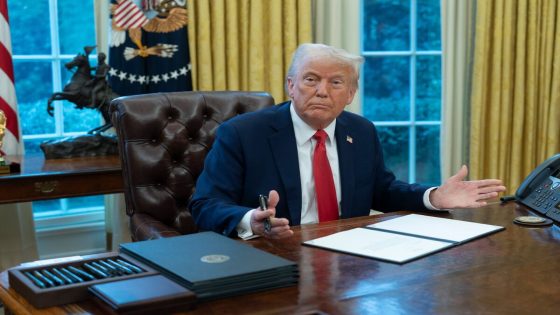On February 9, 2025, a heated exchange unfolded in Lisbon’s political arena. Mariana Mortágua, leader of the Bloco de Esquerda, criticized Mayor Carlos Moedas for prioritizing city events over addressing the needs of immigrants. Is the mayor truly disconnected from the realities faced by many residents?
- Bloco de Esquerda criticizes Lisbon mayor's priorities
- Accusations of neglect towards immigrants highlighted
- Mayor questions Mortágua's accusations of dishonesty
- Discussion of past controversies involving Mortágua
- Call for unity against right-wing politics
- Vision for a more inclusive Lisbon expressed
Lisbon’s Political Tensions: Mortágua vs. Moedas Over Immigrant Needs
What happens when city leaders prioritize events over community needs? Mariana Mortágua’s recent remarks suggest a growing divide in Lisbon’s political scene. She argues that Mayor Moedas is out of touch, focusing on high-profile events rather than the pressing issues faced by immigrants. This raises questions about the priorities of local governance.
Understanding the Impact of Political Decisions on Immigrants in Lisbon
Mortágua’s comments reflect broader concerns about how political decisions affect vulnerable populations. She claims that Moedas has funneled millions into events like the Web Summit while ignoring the struggles of immigrants in neighborhoods like Martins and Benformoso. This disconnect could lead to increased dissatisfaction among residents.
Key Points from Mortágua’s Critique of Mayor Moedas
Mortágua’s critique emphasizes several important issues:
- Funding for events vs. community engagement.
- Neglect of immigrant voices in policy-making.
- Concerns about transparency and accountability.
- The need for unity against right-wing politics in Lisbon.
The Broader Implications for Lisbon’s Governance
This political debate is not just about one mayor or one party. It highlights the challenges facing urban governance in a multicultural city. How can leaders ensure that all voices are heard? Mortágua insists that collaboration is essential to create a city that truly represents its diverse population.
What’s Next for Lisbon’s Political Landscape?
As the political climate evolves, the question remains: will Lisbon’s leaders prioritize the needs of all residents? The upcoming elections will be crucial in determining the future direction of the city. Engaging with immigrant communities may become a central issue for candidates moving forward.
In conclusion, the clash between Mortágua and Moedas underscores the importance of community engagement in urban governance. As Lisbon navigates its diverse needs, the focus on inclusivity will be vital for its future.
































